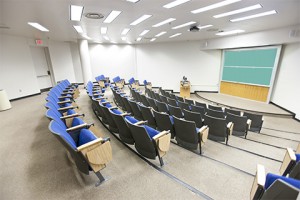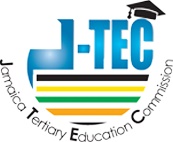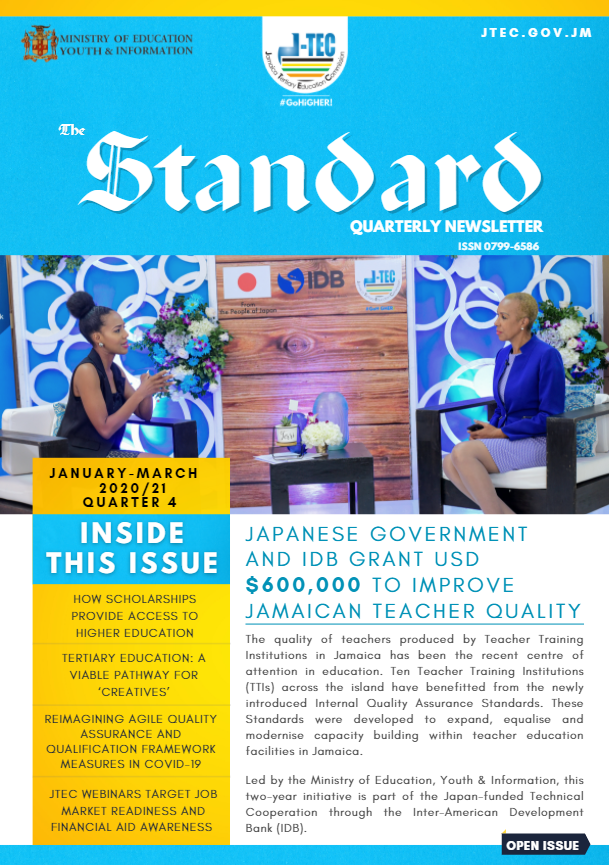Alignment of Teacher Education programmes
Background
The National Standards Curriculum (NSC) was developed to emphasize learner-centered features that are based primarily on constructivist principles. It is also influenced by a number of factors that impact curriculum development and implementation. These factors include an accepted worldview about humans as learners, the nature of knowledge, the process of learning and the social and historical context in which learning occurs.
Given the projected changes in the NSC, a proposal developed for revision of the curricula of Teacher Education institutions. This was influenced by data obtained from interactions with stakeholders in the teacher education contexts. These interactions resulted from several Ministry of Education (MoE) initiatives and included activities such as:
(a) Capacity building of teacher educators through workshops that were facilitated to prepare these institutions to support the NSC
(b) Reflective discussions at meetings held with leaders of the Jamaica Tertiary Education Commission (J-TEC) to address matters pertaining to changes in curriculum and assessment at the National level and the potential role of Teacher Education institutions.
(c) Curriculum sensitization sessions with heads of teacher education institutions in Jamaica Instrument to guide process
(d) Staff development activities held by selected institutions involved in teacher education and development and their request for assistance in making relevant programme changes.
The proposal was also informed by observations of practices in Teacher Education that are based on the traditional teacher focused approaches to education rather than those that are learner/learning centred that the NSC is intended to emphasize (NESP 2011-20x). Analysis of elements of the Teacher Education programme also provided information for recommending changes.
Framework for Review of Teacher Education Programmes
The Jamaica Tertiary Education Commission and the Curriculum and Support Services Division Unit of the Ministry of Education also collaborated to design a Framework for the Review of Teacher Education Programmes in light of NSC requirements. The first activity of the process was to engage personnel from Teacher Education Institutions (TEIs) in a session where the review would commence.
On Tuesday, April 12, 2015, the Initial Review Workshop was conducted. The purpose of the all-day session was to outline the proposed framework for the review and commence the process using the instrument designed for that purpose. The 68 participants in attendance represented 15 public and private institutions offering a range of Teacher Education (TE) programmes.

The objectives of the Initial Review Workshop were as follows:
- To present background information on the foundations of the NSC
- To share plans for the revision of teacher education programmes and solicit feedback
- To present and discuss each section of the review tool to ensure clarity
- To solicit feedback that may contribute to the improvement of the instrument and the
- process
- To facilitate collaborative examination of programs and utilization of the review tool
- To provide a forum for sharing and discussion of findings and recommended
- adjustments to be made to various programmes
- To equip participants to provide guidance to their institutions in completing the review
- process
The major follow-up activity to the Workshop was for institutions to complete the review of their programmes using the method and instrument to which they had been introduced. Since then, institutions have been of conducting this review and are at varied stages of the process. Support is being provided to ensure completion of the review and that gaps identified are addressed.
The instrument was designed for this purpose can be viewed below. You are encouraged to download and utilize for the purpose of identifying the extent to which the programme or course you offer prepares your pre-service teachers to deliver the National Standards Curriculum.




